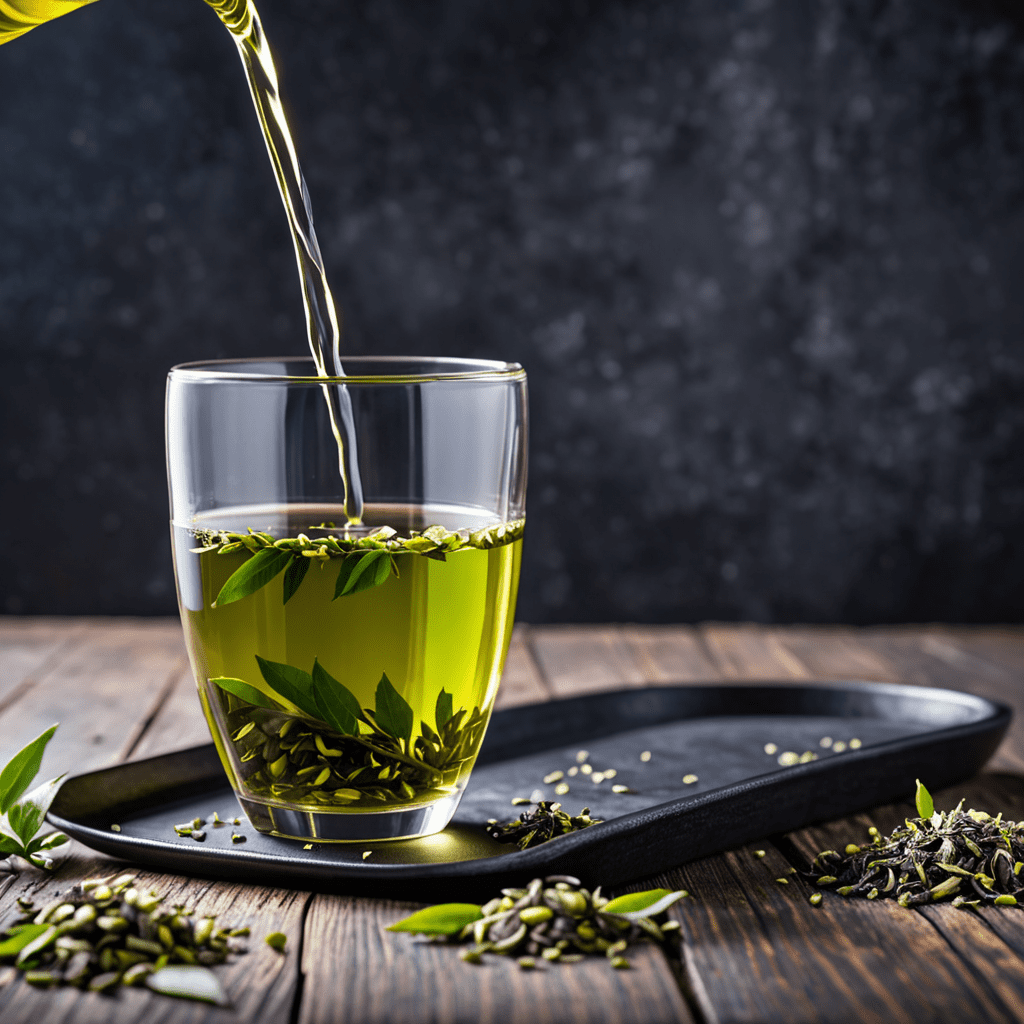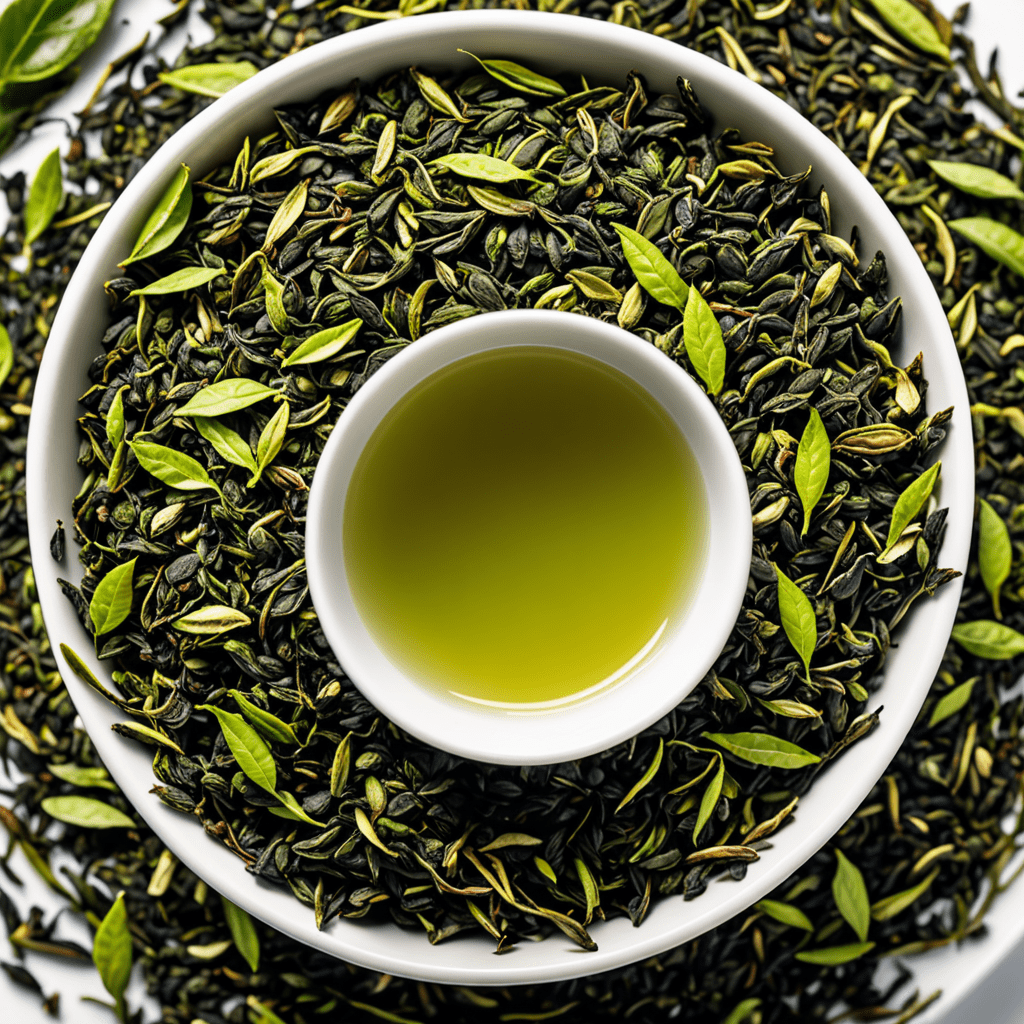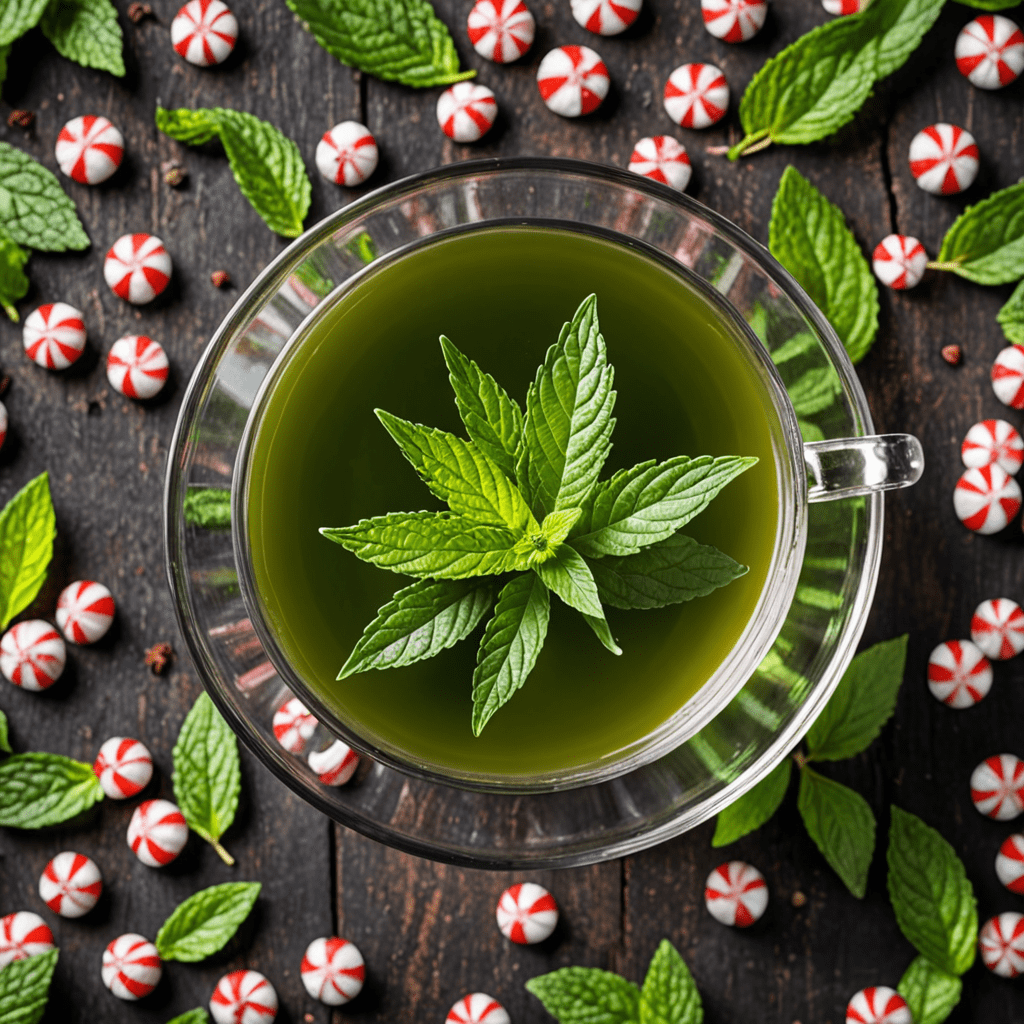
Is Green Tea Low FODMAP?
Green tea is a beloved beverage worldwide, known for its myriad health benefits and delicate flavor. For individuals following a low FODMAP diet due to digestive sensitivities, it’s essential to determine whether green tea is a suitable choice. In this article, we delve into the FODMAP-friendly nature of green tea, providing valuable insights for those seeking to enjoy this soothing brew while managing digestive concerns.
Understanding FODMAPs and their Impact
Before delving into the specifics of green tea, it’s crucial to grasp the concept of FODMAPs. Fermentable Oligosaccharides, Disaccharides, Monosaccharides, and Polyols are short-chain carbohydrates that can sometimes trigger digestive discomfort in susceptible individuals. These compounds are found in various foods and beverages, and managing their intake is a key aspect of a low FODMAP diet.
The FODMAP Content of Green Tea
Green tea is generally considered low in FODMAPs, making it a favorable choice for individuals following a low FODMAP diet. It contains minimal to negligible amounts of fermentable carbohydrates that could potentially trigger digestive symptoms. However, it’s essential to note that additives or sweeteners, if added to green tea, could introduce FODMAPs into the beverage.
Factors to Consider
While green tea itself is low in FODMAPs, it’s crucial to consider factors that can affect its FODMAP content. For instance, pre-packaged green tea blends may contain high-FODMAP ingredients such as honey or certain fruits. Opting for pure, unadulterated green tea is the best way to ensure its low FODMAP status.
Enjoying Green Tea on a Low FODMAP Diet
For those adhering to a low FODMAP diet, enjoying green tea can be a delightful and soothing experience. Brewing pure green tea leaves without the addition of high-FODMAP ingredients can provide a refreshing and gut-friendly beverage option.
FAQ: Common Queries About Green Tea and FODMAPs
Q: Can green tea cause digestive discomfort in individuals sensitive to FODMAPs?
A: Generally, pure green tea is low in FODMAPs and is well-tolerated by most individuals following a low FODMAP diet. However, it’s essential to avoid flavored or sweetened varieties that may contain high-FODMAP additives.
Q: Are there specific types of green tea to look for when following a low FODMAP diet?
A: When choosing green tea for a low FODMAP diet, opt for pure, unflavored green tea leaves or bags to minimize the risk of FODMAP exposure.
Q: Can adding milk to green tea affect its FODMAP content?
A: Yes, adding milk to green tea can introduce lactose, a FODMAP, into the beverage. Individuals with lactose sensitivity should consider lactose-free milk alternatives or enjoy their green tea black.
In conclusion, green tea is generally low in FODMAPs, making it a favorable choice for individuals managing digestive sensitivities. By selecting pure, unadulterated green tea and avoiding high-FODMAP additives, individuals following a low FODMAP diet can savor this beloved beverage without concerns about triggering digestive discomfort.

